Currently on the most popular automotive market with two main types of engines are electric motors and internal combustion engines. Each type will have its own characteristics, to help you have more information and easily select the right car, please join Thanh Phong Auto Go find out more.
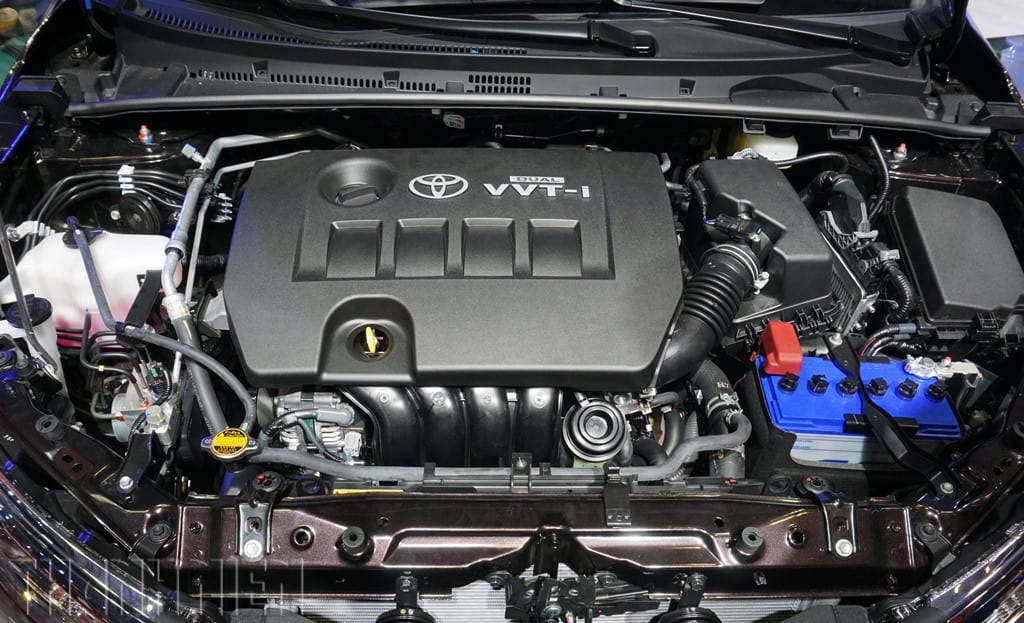
The engine converts some form of energy into kinetic energy. The engine is usually located below the capo for cars, SUVs, Minivan, pickup trucks, CrossOver. As for sports cars, the engine will usually be at the rear.
With the strong development of science and technology, electric motor was born as a necessity for the development of society. Cars use electric motors more and more, they will run on electricity. Electric motors act as leaf generators that convert electrical energy into mechanical energy.
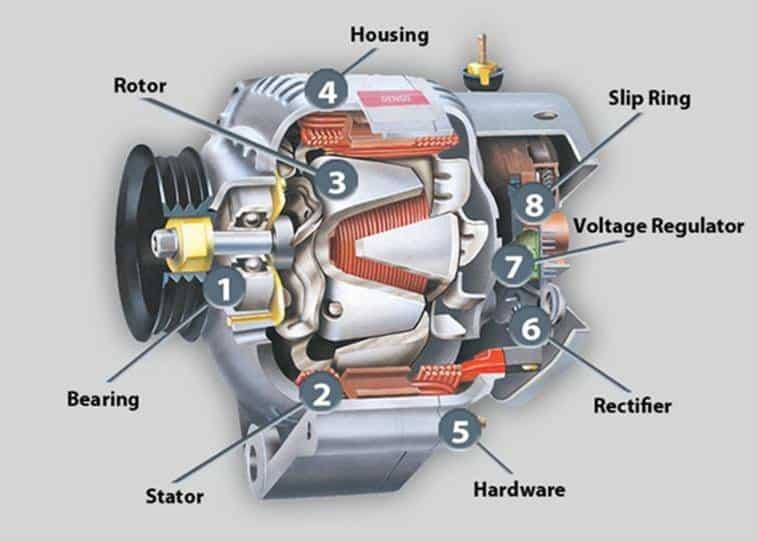
Types of electric motors:
+ Note: 7 Things To Note When Car Brake Repair
Despite decades, the internal combustion engine has always been selected by many people, they play an important role in the production life. For those who want to follow the technical path, working with machines, the internal combustion engine is an indispensable part.
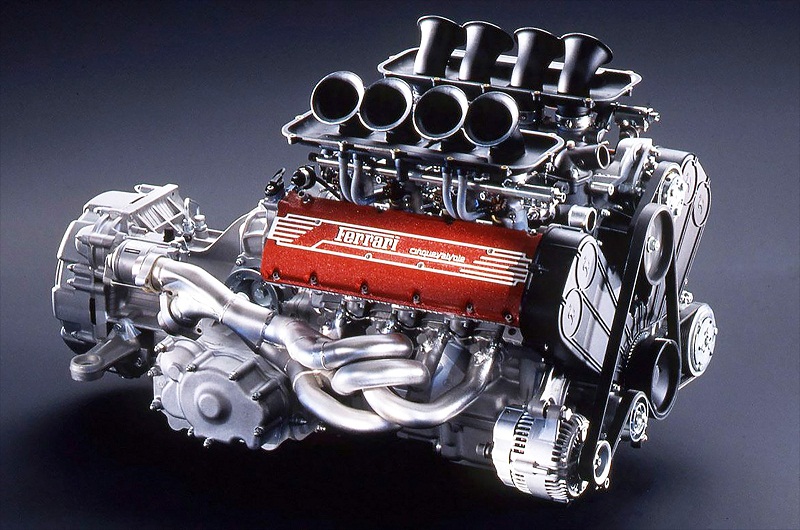
Internal combustion engines create mechanical work in the form of torque and operate by burning fuel inside the engine.
Types of internal combustion engines:
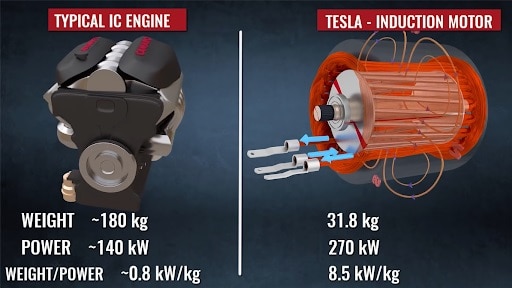
Efficiency
Torque
Cars with electric motors will have a much faster speed than cars using internal combustion engines.
The reason is that the car uses an electric motor when working steadily and can generate torque. And vehicles using internal combustion engines achieve high working speed to achieve torque.
Engine characteristics
Electric motor has a lot more advantages than internal combustion engine because it has created its own advantage when its characteristic line is close to the actual human desire.
Meanwhile internal combustion engine needs the assistance of the powertrain.
Maintenance costs, use
Because cars that use electric motors will use batteries to operate, the cost will be many times lower than that of cars using internal combustion engines.
| Compare | Electric motor | Internal combustion engine |
| Advantages |
|
|
| Disadvantages |
|
|
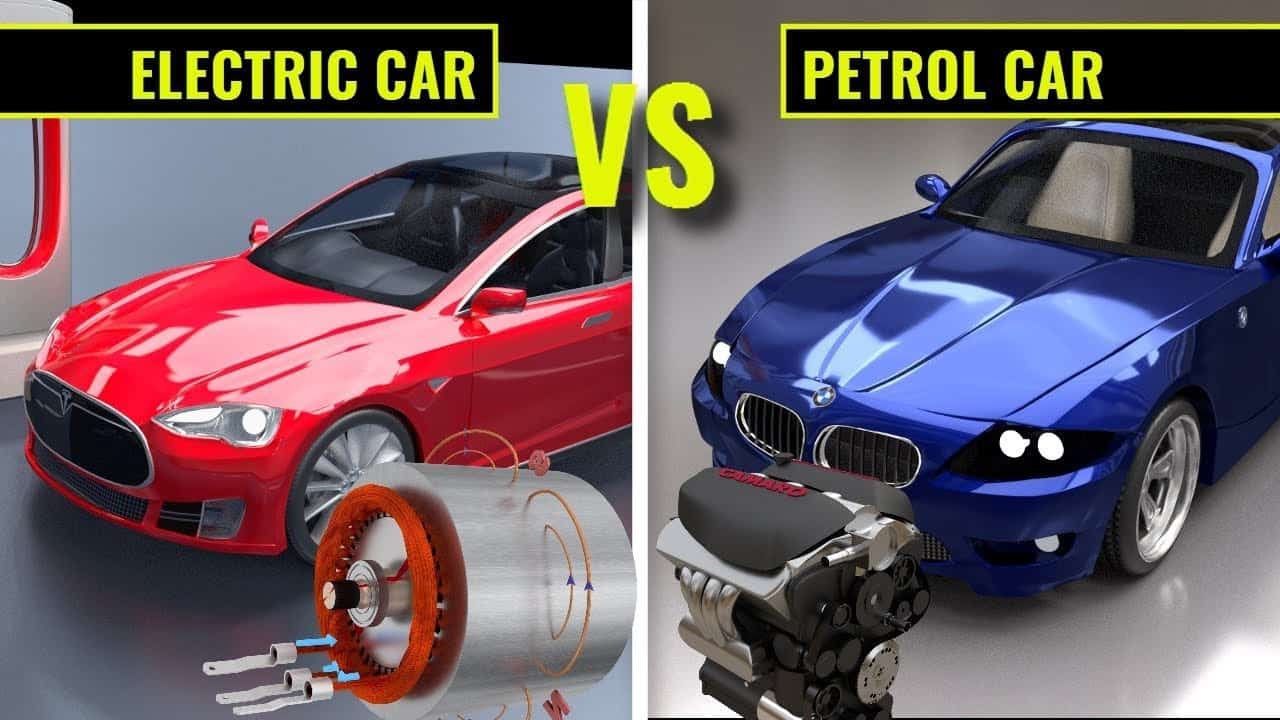
+ Note: Revealing How to Treat a Car Water Tank That Cuts When The Car Is Running
Hopefully, the information that Thanh Phong has provided above will help you have more useful information. We are a professional unit providing professional automotive maintenance and repair services, with a team of experienced technical experts. Besides the modern equipment and support system, our commitment to bring you the most perfect service.
See More Articles General Blog Or Thanh Phong:
Types Of Car Doors Available In The Market
10 Things To Do When Cars Are Flooded, Shattered
Revealing Basic Auto Repair and Maintenance Tools You Can Do Yourself At Home
Cars Care Service Price Sheet At Thanh Phong Auto HCMC VietNam:
* The cars that we have mechanics: Mercedes, BMW, Audi, Lexus, Toyota, Honda, Mazda, Mitsubishi, Kia, Daewoo, Hyundai,Ford, Nissan, Volkswagen, Porsche, Chevrolet, Rand Rover, Innova, Fortuner, Vios, Fiat, Bugatti, Ferrari, Bentley, Hummer , Chrysler, Dodge, Renault, Cadillac, Volvo, Subaru, Daihatsu, Ssangyong, Roll-Royce, Peugeot, Smart Fortwo, Tobe M'car, Luxgen, Zotye, Haima, Geely, Baic, Hongqi, Cmc, Mini Cooper, Buick, Opel, Acura, Aston Martin, Vinfast, TQ Wuling.
To keep your vehicle running properly at all times, we offer a number of services that are carried out by our certified, expert auto service and repair technicians who have years of experience performing everything from oil changes to a complete engine overhaul.
LEAVE COMMENT